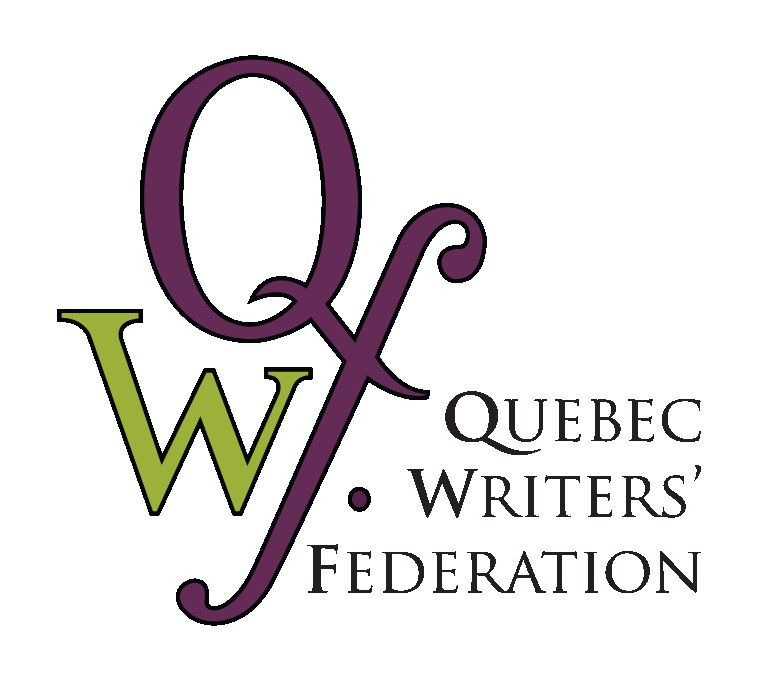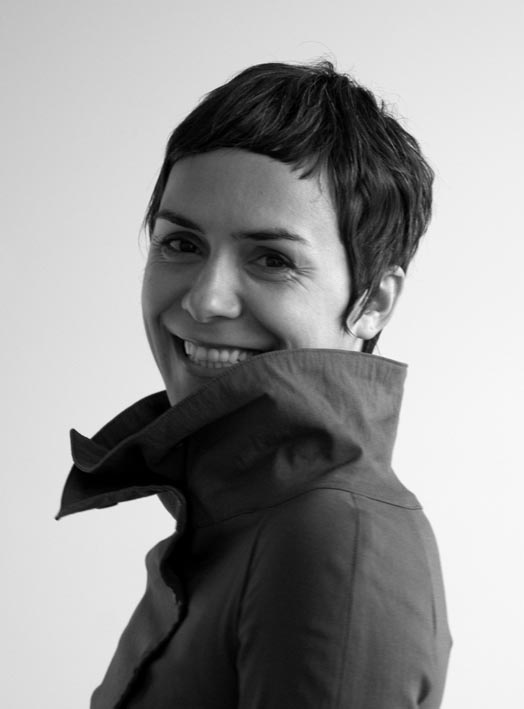Tread on the musical margin of your text. Stir into its syntax with your knees, the oesophagus, the collarbone. How listening is textural. How to sound and embody your text’s poetic architectures. Vowelled vocables, voracious prepositions perform the necessity of markings, digital ink.
Enter the poetry laboratory and experiment with sounding, voicing, and performing your poetic texts off the page. We will spend time listening to some relevant poetic performances, engaging with questions of composition and movement, pacing, the translation between mediums, and developing techniques to better voice and embody work. We will also play with some technologies and make audio recordings of our experiments.
Each participant is asked to bring one short poetic text that they would like to transform into a performative, textural sound piece.
This poetry lab is limited to 12 participants. No prior experience with performance or technology is necessary.
Duration: 3 hours
Cost: $45 $25 ICCA members $15 students.
Oana Avasilichioaei’s current interests include polylingualisms, intermediary spaces, and translations between words, sound, and image. She explores the transgressions and aural possibilities or these terrains through poetry, translation, performance, and sound work. She has published five poetry collections, including We, Beasts (Wolsak & Wynn 2012, winner of the A.M. Klein Prize for Poetry) and most recently Limbinal (Talonbooks 2015), a hybrid, multi-genre work on notions of borders, as well as six translations of poetry and prose from French and Romanian. Her work has been made into a documentary on poets and orality, reinvented into video poems, set to music for soprano and violin, and her most recent sound performances is THRESHOLDS (see teaser at https://vimeo.com/142337608). She lives in Montreal and has given many readings/performances in Canada, USA, Mexico, and Europe (http://www.oanalab.com).
This performance was made possible through the financial assistance of The Canada Council for the Arts and the Roadmap for Canada’s Official Languages 2013 – 2018: Education, Immigration, Communities. The art centre also gratefully acknowledges the support of the Quebec Writers’ Federation, and the government of Nova Scotia’s department of Community, Culture, and Heritage.![]()


